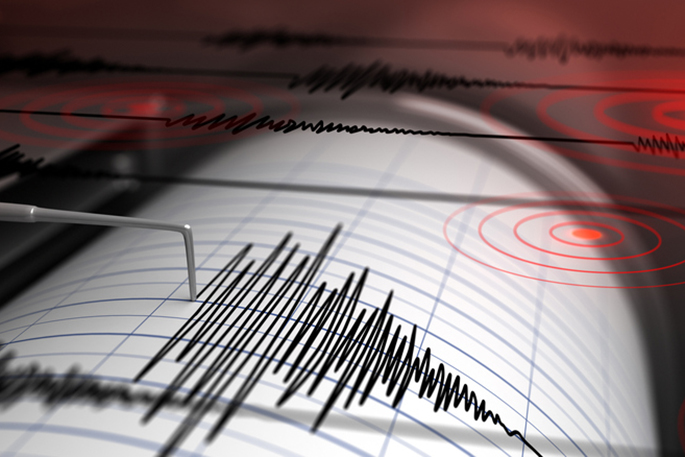New Zealanders do not know how to react if they get an earthquake alert, research from Massey University suggests.
Though New Zealand does not have an official early warning system for earthquakes, Google issues automatic warnings to Android phones if they detect shaking.
A survey of 3000 people conducted by Massey's Joint Centre for Disaster Research in October 2021, following two earthquakes that triggered Android Earthquake Alerts on Android phones, sought to assess how much Kiwis know about the system, how they responded to it and whether they found it useful.
It showed a majority did not know what to do if they got an alert, and did not understand where they came from.
Author Dr Lauren Vinnell says the alerts could be useful but are not always accurate.
"Android earthquake early warning is essentially rapid detection, so it's not predicting an earthquake, what it is is it's detecting shaking really rapidly and then the Android system sends out alerts to Android smartphones to let the users know that they can expect shaking soon."
The idea is that giving people a few seconds warning that shaking is about to arrive will allow them time to protect themselves, making it less likely that they will be injured, she says.
The survey found that generally people responded to the alerts by looking for more information or telling the people around them, she says.
"Which makes sense since this was really a novel system that hadn't really been communicated to the public - so people didn't really know what it was they had just received and what they were supposed to do."
Those who did not respond did not have enough time, did not understand the message, did not know what to do or expected the shaking to be light, Lauren says.
She says that'as not surprising, despite the fact that New Zealanders have had a lot of experience with earthquakes, as Google had only launched the system in New Zealand a few months before the survey was taken.
Only about a quarter to a third of people knew that the alert had come from Google, with most thinking it came from GNS Science, Geonet or the National Emergency Management Agency.
"But it's really important that people know this isn't an official system - it's not linked to GNS or Geonet in any way."
Introducing an official early earthquake warning system would be very expensive and there would need to be a great deal of education around it, she says.
"We have to make sure that if we do have a system we can have the communication and education around it so that people know what it is and how to use it because if people don't know how to respond it could potentially do more harm than good."
She says anyone who feels an earthquake, whether they get an alert or not, should "drop, cover and hold" to protect themselves from any potential falling debris.



0 comments
Leave a Comment
You must be logged in to make a comment.